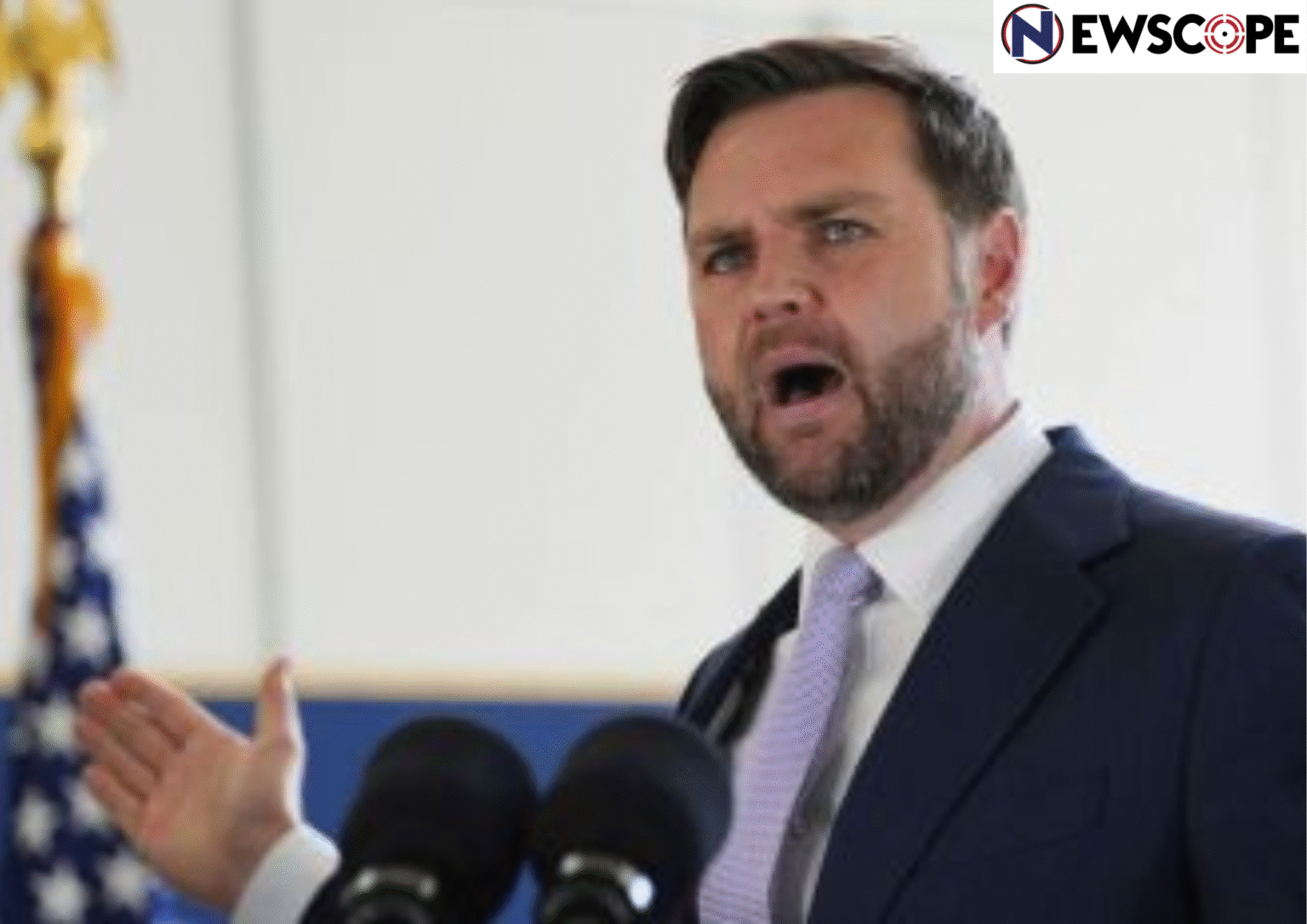The United States and India are encountering a fresh tension in their relationship. Days before a significant increase in tariffs on Indian products goes into effect, US Vice President JD Vance has justified Washington’s choice, stating it aligns with President Donald Trump’s plan to pressure Russia to conclude its conflict in Ukraine.
In an NBC’s Meet the Press interview, Vance stated that Trump was employing “strong economic leverage,” including “secondary tariffs on India,” to hinder Moscow’s ability to profit from oil sales.
The Trump administration has enacted a further 25 percent tariff on Indian goods related to Russian oil acquisitions. This increases the overall tariff on Indian exports to the US to 50 percent—the highest of any nation globally. Washington expects the penalty will deter India’s oil transactions with Russia, which it claims supports the Kremlin’s military actions.
India has responded vigorously. External Affairs Minister S Jaishankar deemed the tariff “unfair and unjustified,” arguing it was incorrectly presented as an “oil issue.” He emphasized that India’s energy strategy is influenced by “national priorities and market forces.”
Jaishankar also asked why the same regulations were not enforced on others. China is the top importer of Russian crude, while Europe holds the title for the largest gas importers. None of them encounter such tariffs. “Why just India?” he inquired.
He remarked that the decision was “confusing,” given that the US had previously urged nations to purchase oil widely, even from Russia, to stabilize worldwide markets.
Top Trump officials, such as Treasury Secretary Scott Bessent and Trade Advisor Peter Navarro, have consistently condemned India for purchasing inexpensive Russian oil. However, India has indicated that it will maintain those purchases. During Jaishankar’s recent trip to Moscow, both nations decided to strengthen trade relations, indicating that US influence might not alter New Delhi’s stance
In the meantime, Vance expressed that the US remains optimistic about achieving a breakthrough in peace negotiations. He observed “major compromises from both parties” in the past weeks and stated that Trump has communicated to Vladimir Putin that Russia could be “welcomed back into the global economy if they cease the violence.”
As Putin is anticipated to travel to India later this year, New Delhi is now meticulously managing its relationships with both Washington and Moscow—two allies steering it in opposing directions.



